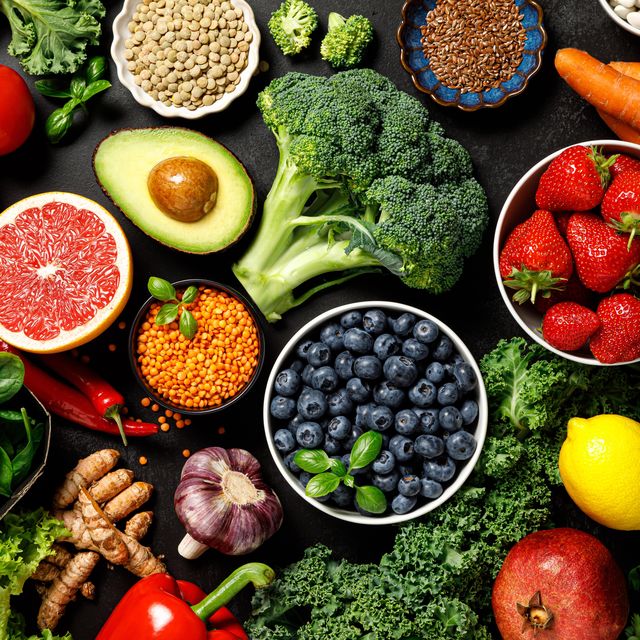Image source: Google
In today's fast-paced world, keeping track of what we eat and ensuring we maintain a balanced diet can be challenging. However, with the latest innovations in food databases, tracking our nutrition has become easier and more convenient than ever. These advancements in technology have revolutionized the way we monitor our food intake, providing us with valuable insights into our diet and helping us make informed decisions about our health.
The Evolution of Food Databases
Food databases have come a long way from simple calorie counters to comprehensive platforms that offer detailed information about the nutritional content of various foods. These databases are continually evolving and incorporating new features to make tracking food intake more efficient and accurate.
Key Innovations in Food Databases
- Integration with Wearable Devices: Many food databases now sync with wearable devices such as fitness trackers to provide real-time data on calories burned and consumed. This integration allows users to get a holistic view of their health and make adjustments to their diet accordingly.
- Personalized Recommendations: Advanced algorithms analyze users' food intake patterns and provide personalized recommendations for achieving specific health goals, such as weight loss or muscle gain. These tailored suggestions make it easier for individuals to make sustainable changes to their diet.
- Barcode Scanning: With the rise of smartphone apps, users can now simply scan the barcode of a food item to retrieve its nutritional information. This feature saves time and ensures accuracy in tracking food intake, eliminating the need for manual data entry.
- Crowdsourced Data: Some food databases leverage crowdsourcing to collect data on a wide range of food products. Users can contribute information about new foods, brands, and recipes, ensuring that the database remains up-to-date and comprehensive.
The Future of Food Tracking
As technology continues to advance, the future of food tracking looks incredibly promising. New innovations on the horizon promise to further enhance the accuracy, convenience, and effectiveness of monitoring our nutrition.
Potential Developments in Food Databases
- Augmented Reality (AR) Integration: Imagine being able to point your smartphone at a plate of food and instantly receive detailed information about its nutritional content. AR technology has the potential to revolutionize how we track our food intake, making it more interactive and engaging.
- AI-Powered Analysis: Artificial intelligence algorithms can analyze vast amounts of data to provide personalized insights into users' dietary habits and health goals. These AI-powered systems can offer tailored meal plans, recipe suggestions, and even predict future nutritional needs based on individual preferences.
- Blockchain for Food Transparency: Blockchain technology can be used to ensure the transparency and accuracy of food data in databases. By recording every transaction and update in a secure and immutable ledger, users can trust the information provided by food databases and make informed decisions about their food choices.
- Integration with Smart Appliances: In the future, smart kitchen appliances could be connected to food databases, allowing for seamless tracking of ingredients and nutritional information as meals are prepared. This integration would streamline the process of monitoring food intake and enable users to make healthier choices effortlessly.
The Benefits of Advanced Food Tracking
The advancements in food databases offer a wide range of benefits for individuals looking to improve their health and well-being through better nutrition. By harnessing the power of these innovations, users can enjoy the following advantages:
- Increased Awareness: Tracking food intake provides users with a better understanding of their eating habits and nutritional needs, empowering them to make healthier choices.
- Improved Accountability: Food databases help users hold themselves accountable for their diet and track their progress towards achieving specific health goals.
- Enhanced Customization: Personalized recommendations and meal plans tailored to individual preferences make it easier for users to stick to a balanced diet that meets their unique needs.
- Long-Term Health Benefits: By consistently monitoring their food intake and making informed decisions about nutrition, users can improve their overall health and reduce the risk of developing diet-related diseases.
Conclusion
Food database innovations are shaping the future of food tracking and nutrition, offering users advanced tools and insights to make informed decisions about their diet. By leveraging the latest technologies and advancements in data analysis, individuals can take control of their health and well-being like never before. As these innovations continue to evolve, the future of food tracking holds endless possibilities for improving our dietary habits and enhancing our overall quality of life.
